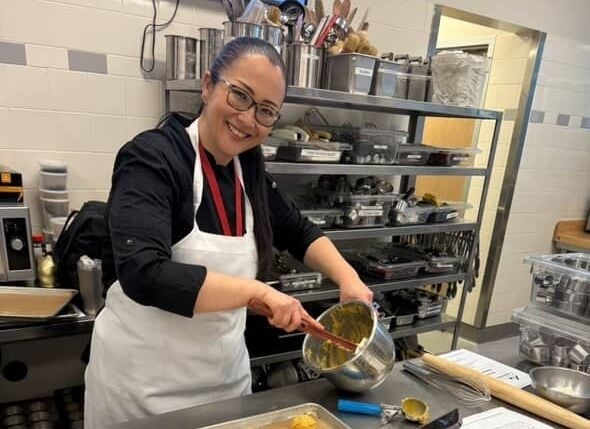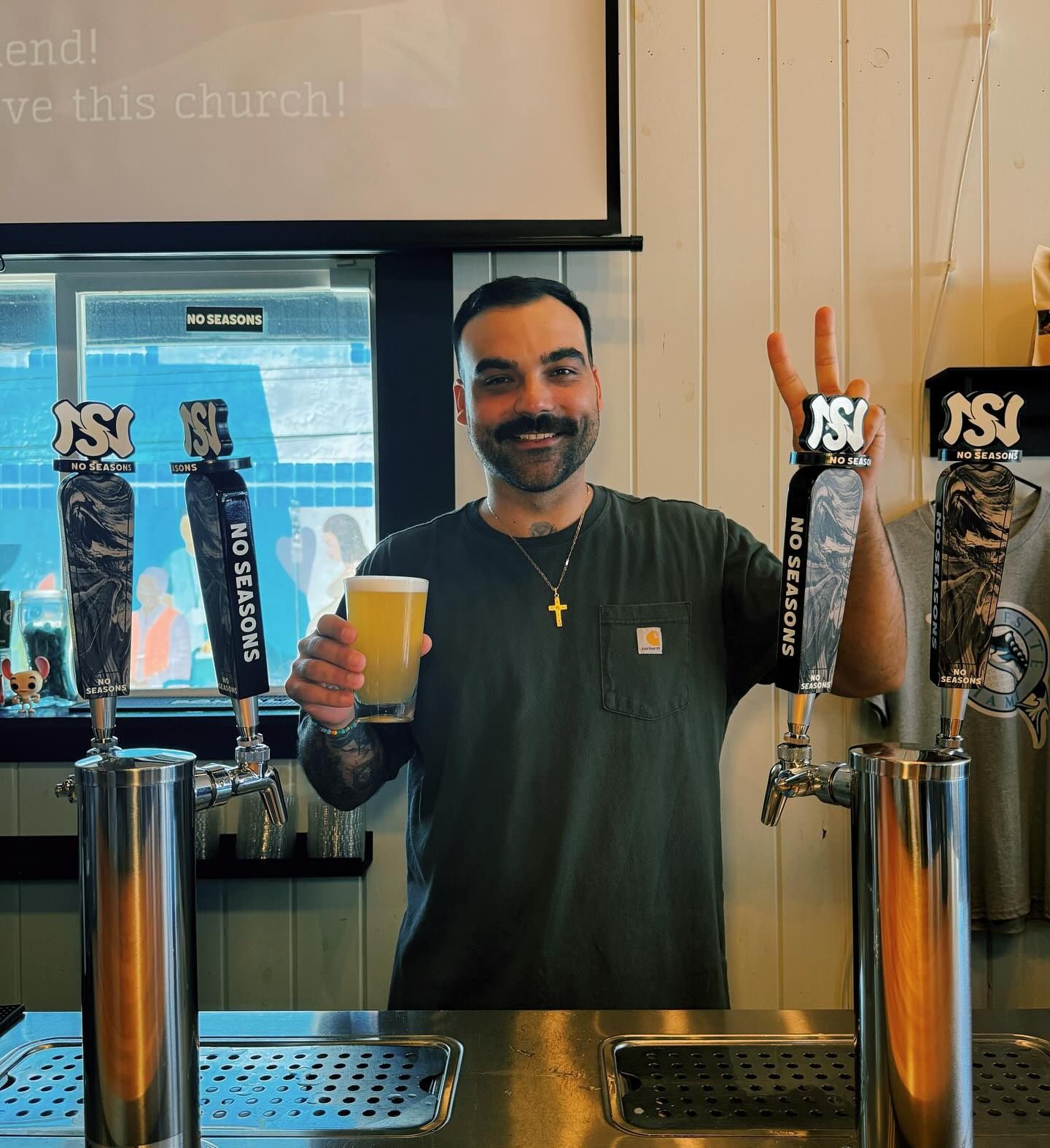With over 20 years of experience in more than 90 countries, Chris Seek sought to transition from consultant to practitioner by purchasing a small, historic property, the Inn and Tavern at Meander. We at OysterLink recently sat down with Chris Seek to talk about his journey.
Please introduce yourself and tell us briefly about your career path
Chris Seek: My name is Chris Seek and I'm the CEO of a company called Solimar International. We're a sustainable tourism consulting firm that's been in existence for over 20 years. And we basically help governments and destinations develop tourism in a way that benefits the local populations and it helps protect the natural and cultural resources that the industry depends on.
We do a lot of tourism strategies. We do a lot of connecting the tourism industry to conservation organizations and groups that are trying to help develop these economies. And so they bring us in as an expert in that regard. And so we've been doing that for over 20 years.
In addition to that, I have a role at George Washington University, where I teach some courses in marketing sustainability and investment in finance and the hospitality sector. And then I also have a small inn that I purchased about eight years ago. It's called the Inn and Tavern at Meander. It's located in Locust Dale, Virginia, which is in central Virginia, about 90 minutes outside of Washington, D.C.
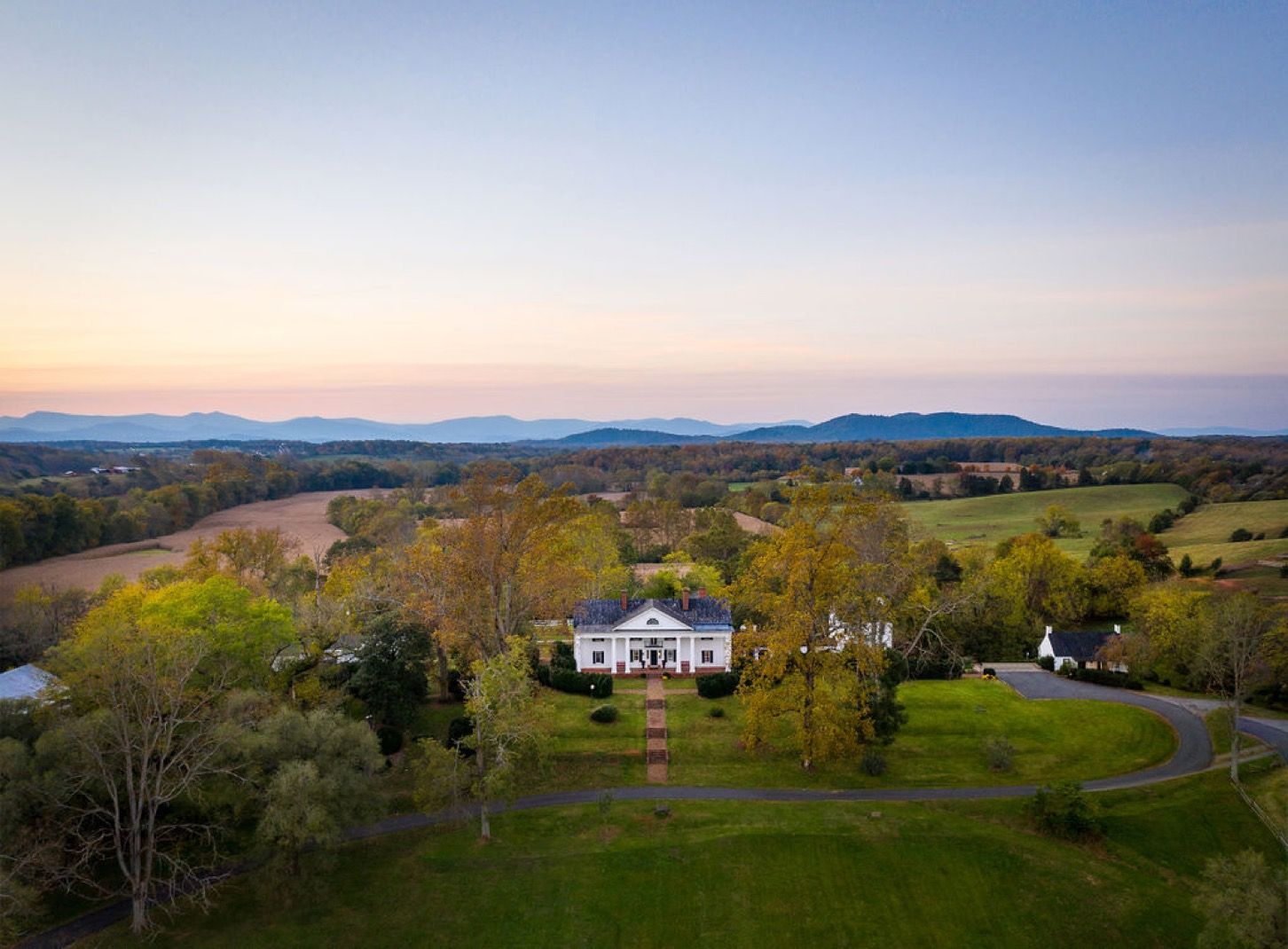
What got you into buying the small inn?
Chris Seek: Yeah, it's a long story, but kind of the abbreviated version here is, you know, I've spent my whole career with this idea that tourism, when it's managed the right way, it's developed the right way, can be a positive force for good. And I've seen this firsthand all over the world. I've been able to work in over 90 countries, and I've had the opportunity to work with some amazing hoteliers who've done a great job, not only creating a great experience, but also supporting those local communities, creating good jobs, and helping support the development of these places.
But also doing so in a way that really minimizes the impact on the environment and cultural resources and also maximizing benefits. And so I've always admired that and I thought, wouldn't this be fun to not just be a consultant to tell people how tourism can make a difference, but actually have my own business where I can put that into action. And so we embarked on that about eight years ago.
We had an opportunity, a group of friends reached out to me because they had put an offer in for this hotel that's in my backyard about 90 minutes from I live in Washington, DC. And so I thought, why not let's go ahead and jump on this and, and it's been an adventure.
Just because I spent a of time in hotels and I've worked with a lot of hotels doesn't mean that you have the background and education you need to run a successful hotel.
So it's been quite an education process as much as it's been an adventure as well.
You said you've been to 90 countries, so how do you manage the inn if you're traveling all the time?
Chris Seek: Yeah, that's probably one of the biggest challenges for running this business. It's kind of picked us up while my full-time job is my work at Solimar. That's what pays my bills. And I've had that company now, like I said, for over 20 years. And so when I bought the inn, I was kind of under the impression, again, based on how we purchased it with a group of friends that we could manage it using this kind of remote innkeeper, where we recruit an innkeeper who has experience, who's worked at other inns and they come to our property and then they run the property with their own experience and their own know-how and we would just sit back and learn from them.
And over the eight years, I think I've had probably about 10 or 12 different managers of the property over the years.
And I can say that's probably been one of the biggest challenges, finding the right person who has the background and knowledge of how to run a hospitality business, but also the passion and dedication for making a successful hospitality business.
You know, hospitality is all about the details. It's all about the passion you put into the guest experience. And it's always hard to do that when you're the owner and you're relying on your managers to do that for you. And so we've attempted different models. We brought in the professional innkeepers from other places who have worked in other inns, and they've come into the place. We've also used local managers where we've kind of been able to kind of hire within and find people with the right attitude and dedication, and kind of give them the training and the tools so they can be successful. So it's been a challenge for sure.
I think that's probably been the biggest challenge for us since we've purchased the property was finding the right management team.
But when we get that right person in there and they're working hard and they're dedicated to it, that's when the business really is fun to run.
When you're looking for a new manager, that's probably not the best time, I can say in my experience.
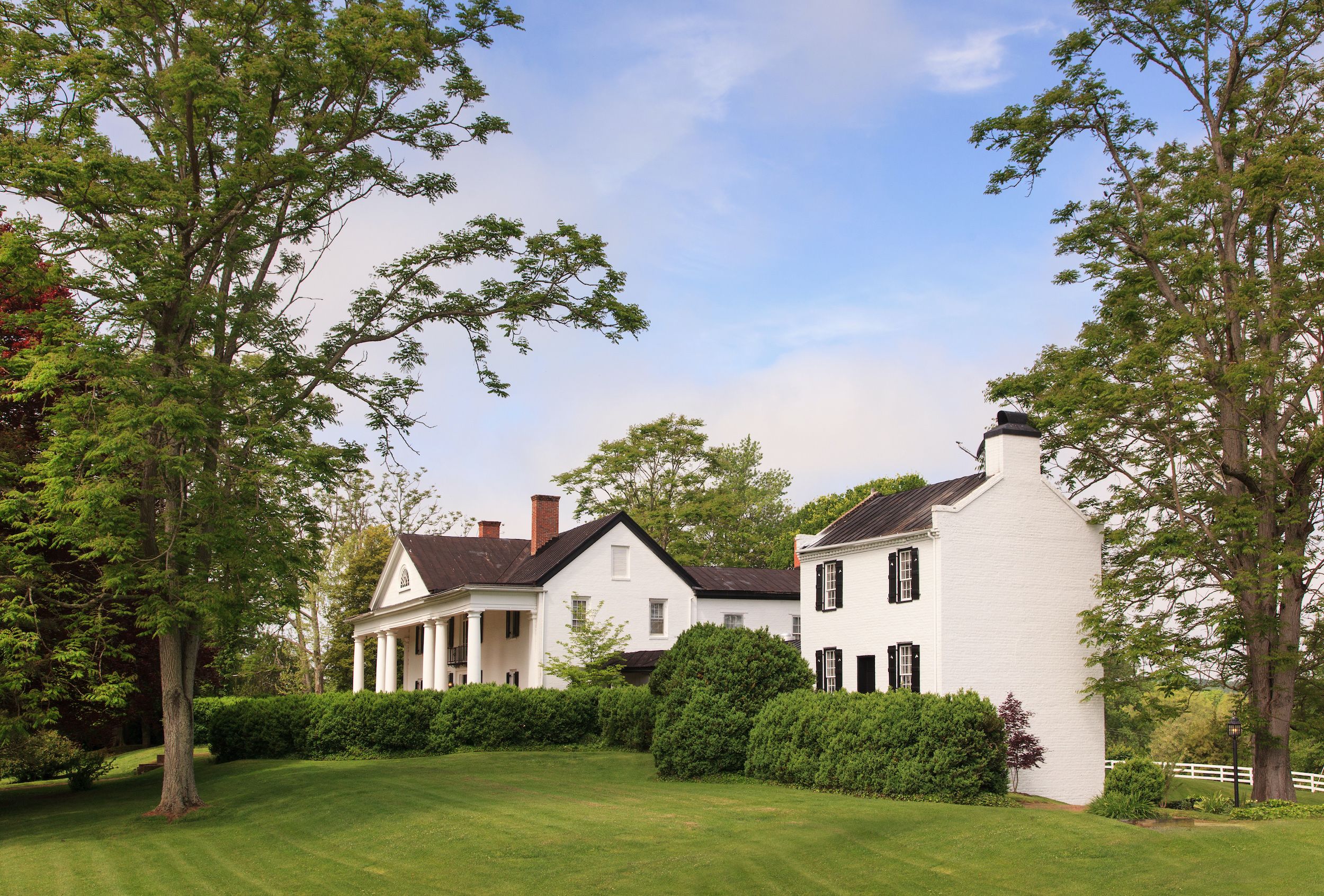
Beyond the technical skills, can I say that passion is something that you look for when hiring for your inn? Is there something else you look for?
Chris Seek: Absolutely. One of my previous chefs was a great guy. He came in, and he used to say this all the time. It's all about the attitude and the effort. If you come in with the right attitude, with the passion for wanting to do good, wanting to make sure the guests have a great experience, and you put the effort in.
Hospitality is a demanding job. It's not something you just sit around and just kind of wait for the phone to ring. There's always something to do, and there is tons of work that needs to be done.
So it's all about prioritizing and putting the best effort in. You can clean a room. But there are different standards for how you clean that room. And do you inspect the room? And what are those standards for inspecting to make sure that it's meeting those standards and stuff? So that effort is equally important. Those two things, I think, are critical
It's often hard to tell when you're interviewing somebody if they have the right attitude and the right effort, which often comes out as they start working.
But yeah, it's one of those things. And as everyone, your listeners know, the hospitality industry is demanding. It's like hosting a dinner party for strangers every single night of the week. You know, you have new people in, and we're a small property. only have 12 rooms.
So as a result, it's a very intimate experience, and people want to get to know the managers. They want to have conversations. They want to know about the history
So it's not just a transaction where they come in and check into their room. There are a lot of relationships that are built, and that's what drives repeat visitation and delivering those great experiences. So we encourage that, but of course, again, you have to find the right person who's willing to tell that story over and over again and really make sure that those guests have a great experience.
What would be the one thing you would never compromise on when it comes to your guest experience?
Chris Seek: Yeah, I mean, there are a lot of things I would say for what we expect from that guest experience. I think the first thing is just making sure that all those touch points, visiting the website, reaching out over email or phone, just to answer, to ask questions before the booking, even after the booking, the week before you're supposed to arrive, we try to provide some information to you so you know about that. And then just that welcome. We're still in the hospitality business. We've tried to use technology, but at the end of the day, it's all about welcoming someone into your space.
And so they need to feel like they are appreciated and that you're glad that they're there and that you're dedicated to making sure they have a great experience.
So I would say that that's probably one of the most important things to do. Obviously, we need to make sure the guests are safe and that they have a good experience when they're in the rooms, the restaurant, the food, everything needs to be great. But I think it comes down to that personal touch, and that's just the way in which our staff connect with our guests and really make them feel special and let them know that they're really valued and we want them to have a great experience.
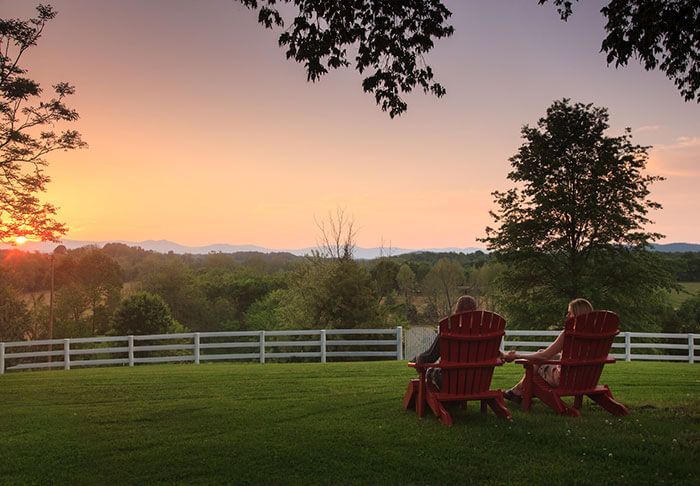
What if you could go back in time to your opening date, to your hotel's opening day? Is there something you would change? Or did everything go as you planned?
Chris Seek: Well, yeah, I think one of the things we learned the hard way is that, you know, having a hotel with only 12 rooms is a challenge, right?
It's really, you know, once you're below 18 rooms, you're really more of an owner-operated business.
And that's just the reality. If you look at a lot of small inns and a lot of small hotels, that's just the challenge for us as we're trying to make sure that we're running a professional business. And so that's definitely been one of the challenges we've had.
And I would say that going back to it, I would have looked at that model from the very beginning and realized that we should have focused right from the very beginning on how to expand the number of rooms so that we could get that economies of scale that we need so that we can pay that good salary for that general manager and that maintenance person that can cover more than just 12 rooms.
So we're in the process now, eight years later, of trying to expand the capacity of the business. And so we're working on that and are really excited about that. Because once you start looking at the numbers, when you start looking at what you could do between 12 rooms and having 20 rooms, having an expanded event space so we can host events and weddings and things like that, it's a different business.
Probably one of the things that I would have done differently is I would have sat down from the very beginning and thought about how to scale the business.
How do we expand the capacity and leverage the fact that we've got 80 acres of beautiful land right next to a river with views of the Shenandoah National Park and the Blue Ridge Mountains? So it's, how do you take advantage of that space and really expand the capacity so that we can make this a professional business?
Are you in the process of expanding the project?
Chris Seek: Yeah, absolutely. So I've been going at this now for almost a year now, you know, kind of finally sat down and realized that that was the path to success. So started off with kind of looking at, knowing, what would it take to expand? And the first thing we had to do was talk with our county. We're in a rural county in Virginia. It's an agricultural community. Our property was built in 1766, so it's over 250 years over-250-year-old property, got lot of history, including Thomas Jefferson, George Washington, and General Lafayette.
But when we wanted to expand, we realized that we had to get the support from the county. Because we're zoned for agriculture, we had to get a special use permit so that we could get permission to go ahead and expand our capacity. And our county has been very kind of hesitant about too much development. And I'm grateful for that because that's why the area is so beautiful.
That's why people love coming out to the area, because it does have that agricultural charm and just this feeling of a really nice rural destination; that kind of hesitation by the county government to be cautious of development has worked in my favor. But now here's the opportunity where I need to make the case for why doubling our capacity would be good for the county and be good for our business.
And so I had a chance to go in front of the County Board of zoning and made the case and explained to them the type of development we want to do and how we're really trying to make sure that it's integrated with the land so that it's not an eyesore. We really made an effort to make sure our neighbors were supportive of our expansion plans. So once we did all of that and we had the county commissioners come out and visit the property and see our vision, then we were able to get that permission because they really saw what we were trying to do, and they wanted to support our business growth because they knew it was going to be good for the county.
So that was the first step. And so that took a little while. We had to do that basically last fall. And that got permission in December. And then ever since December, I've been working on trying to just raise the capital. So I've been talking with a lot of different partners, potential partners, exploring the business of how it's done historically, but more importantly, the potential in the future.
And it's like dating, right? You're trying to find people who have the means to support the vision that you have, while at the same time understanding what they're going to want to bring to the table in both their experience and their capital.
And then how can we marry both the experience that we have over the years, and then look at how to make sure that that investment pays dividends for everyone, and that we can make the business a success. So we're in the process right now. We've got some really good leads right now, some good conversations. So we're excited about the opportunities in front of us, but still have a ways to go.
.jpeg)
Actually, it's not just finding investors that's more like dating, even finding the right team is like dating
Chris Seek: Absolutely, yeah, absolutely. Because that's the thing, right? In the hospitality business, it's a small business. We're not talking about a huge corporation with multiple departments and heads of departments. It's a small team. We have about nine people who work at the business right now. We have a group of investors who are pretty passive. They don't really get involved in the day-to-day management with us. They would like the idea of helping support our efforts to buy the inn.
So that's how we have our group of nine investors that came together when we purchased it back in 2017. But now that we're talking to more, I would say professional hospitality companies, these are people that have experience, they have other hotels, they've done it before.
One of the things I'm appreciating from these conversations is, like you said, it's not just the capital that they bring to the table, it's the experience and the know-how.
At the end of the day, nothing's changed from when we started this. We wanted to build a business that could deliver a great guest experience and support the preservation of the cultural heritage of the property and protect the farmland and the river, and all the environment around us, and just create a great solution or benefit for our rural community, both from job creation and tax revenue.
So that's what we want to do. It's just how we get there. It's been like a lot. It's not been a straightforward path. We've kind of taken a lot of turns along the way. Everyone who's listened to your podcast knows hospitality is a unique industry. And it's difficult. It's a challenge.
But at the same time, it's very rewarding. When you deliver that great experience and you get that five-star review and people tell you what a great experience they had, or that employee comes up to you and talks about how important that job is to them and what it means to them and their family, that's very rewarding.
And so I just would love to see that nothing but success and realizing sometimes that it's not as easy as people think. Just because you stayed at a lot of hotels doesn't mean you know how to run a hotel.
Check out more interviews like this brought to you by OysterLink, or get them straight to your email by creating an OysterLink account and joining our newsletter.
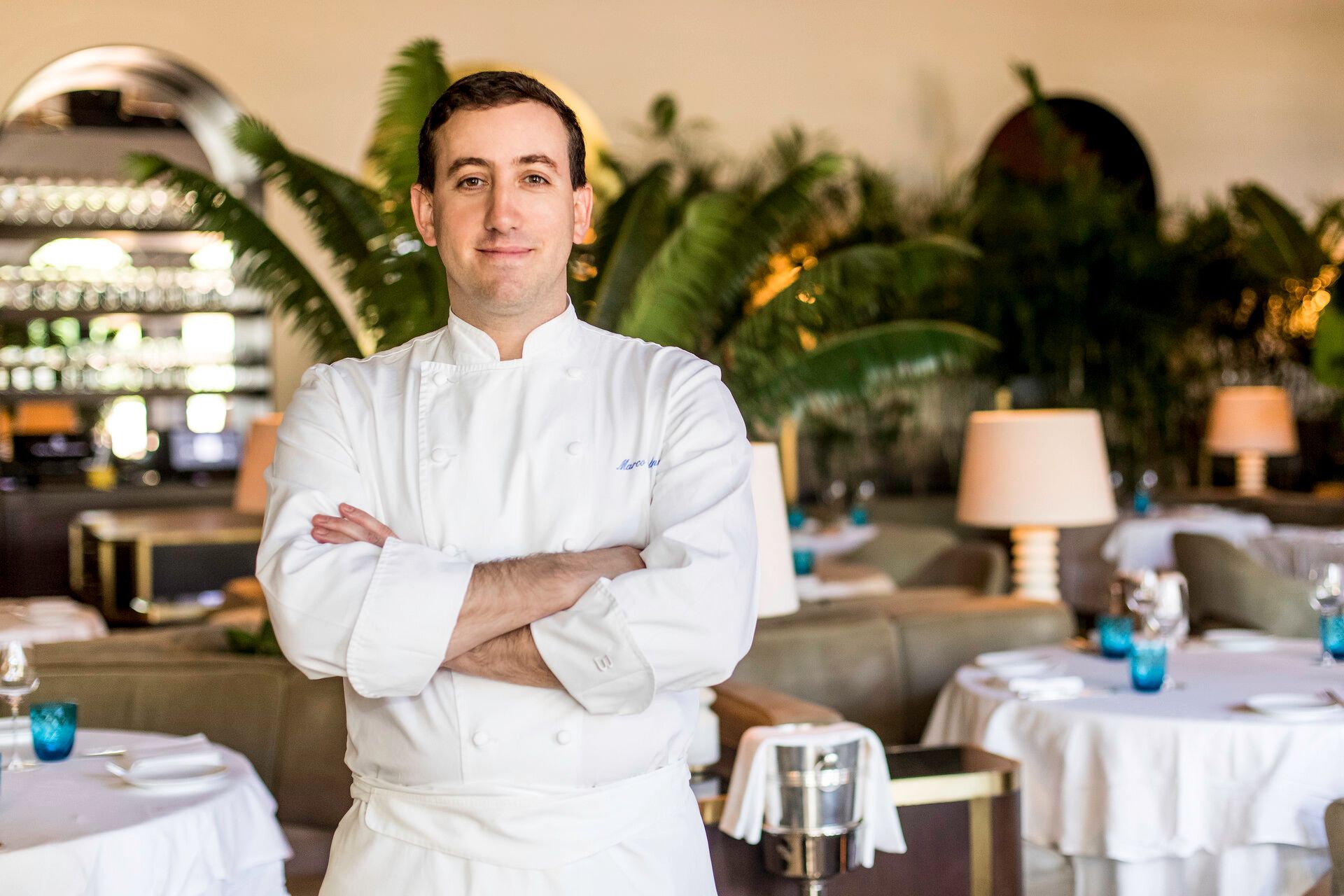
.webp)
